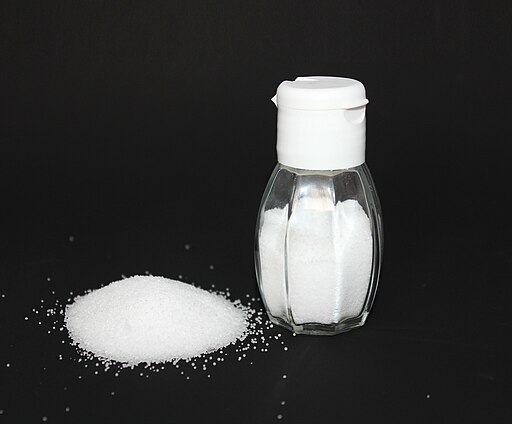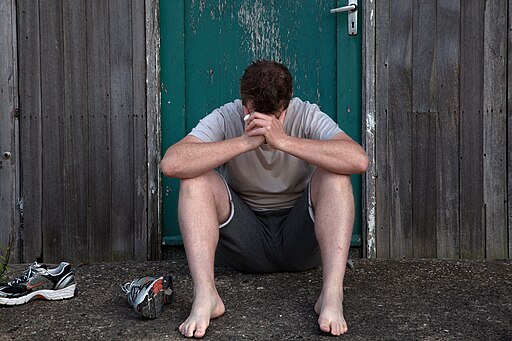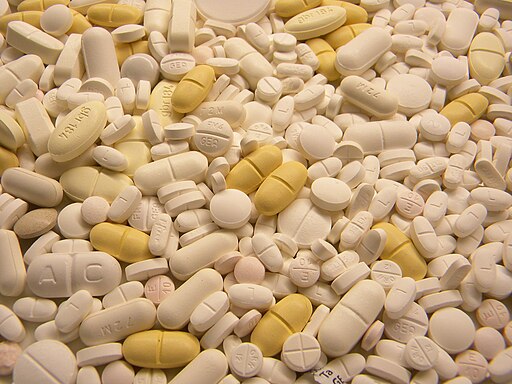
According to Chinese medicine, too much salt weakens the kidneys. This theory has gone hand in hand with Western thinking, since salt is known to increase urinary output so that excess sodium is excreted, and the proper amount can be maintained in the blood. This increase in urination places greater stress on the kidneys and can weaken them over time.
However, a new study testing Russian cosmonauts for their ability to handle long-term space travel has shown that this thinking is faulty. While there is increased urinary output when high amounts of sodium are eaten, it’s not because you drink more fluids. You may -feel- thirsty when you eat too much salt, but this study shows that you do not actually drink more water – you eat more food.
It now turns out that the high urinary output after salt ingestion occurs because glucocorticoids from the adrenals break down muscle and fat tissue for their fluid content. This break down of tissues also uses up more energy, which leads some scientists to suggest that increased salt intake may actually help with weight loss. Previously, they had assumed that increased water intake after eating too much salt would cause you to gain water weight, not lose it.
It is not yet clear if increased ingestion of salt will help with weight loss, but even if it is, it would not be the best long-term solution for weight problems. Increased adrenal output of glucocorticoids would only weaken kidney/adrenal functioning in the long run. Since you actually feel hungrier when you eat more salt, the weight loss effect could also be blunted if you eat more calories than you use.
Read the original article on the NYTimes website for more details.









